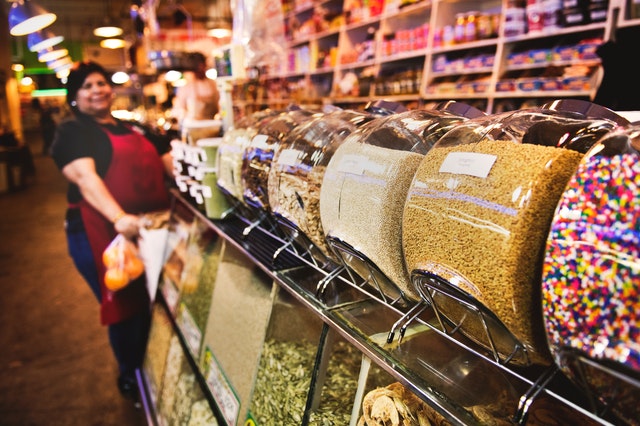British sweets have a long and tremendously wonderful history about them. The mere mention of a lolly shop sends waves of nostalgic excitement through the spines of many of you. These wonderful and delectable treats have made the smiles around the UK and the rest of the world sweetened and oh so wonderful.
There is a slight change in the wind as time goes on, the health police are making their presence known and treating the humble British sweets as if they’re as dangerous as cigarettes which could not be further from the truth. The notion of British sweets has been around since the dawn of civilization, every quality street package you unwrap and eat, is a part of a long and beautifully winded history.
While too much of a good thing can eventually lead to a bad thing, there should never be a mistake in considering these wonderful treats to be a piece of history, and like anything, enjoyed in moderation to ensure the specialness is maintained.
This article will go over some of the more predominant examples of exemplary British sweets that have a sweetened hint of history about them.
Liquorice
This infamous treat has an incredible history behind it, said to have been brought over by monks or crusaders returning from the middle eastern regions to the English commonwealth. It was in the 1760s that the sugary treat became more well renowned for its delicious properties rather than its original notion. Originally unsweetened, it was believed to have medicinal properties to the point that the liquorice roots themselves were stored in unused dungeons as the demand incrementally exploded.
It wasn’t until an apothecary named George Dunhill added sugar to the mixture that it became a purely pleasurable experience. The sugar also made it chewable, which was then molded into a round black discs that were then known as ‘Pontefract Cakes’ named after the area in which George Dunhill resided at the time.
Who would have known that British sweets had such a colourful and intrinsic history, every time you bite into a little liquorice disc, consider the fact that the recipe was formulated before a lot of the western world existed.
Jelly Babies
Strange to imagine British sweets without talking about one of the more interesting backstories in the confectionary story of the UK. Jelly Babies are a byproduct of Victorian industry and reportedly occurred without intention, a happy accident of epic proportions that led to one of the most successful British sweets in history.
An Austrian confectionary maestro was working on jelly-based British sweets for the company Fryers of Lancashire in the late 1800s and had a mould for ‘Jelly Bears’ that was meant to be straightforward. However, upon realising that they resembled babies more than bears they decided to remarket and utilise the wastage. The term ‘Unclaimed Babies’ was coined to market them to the public, since the notion was quite common at this point in history.
However, in the 1950s the more politically correct term of Jelly Babies was utilised and one of the more infamous British sweets was given the spotlight forevermore.
Conclusion
In the end, British sweets are a part of our collective history, with so many stories hidden away in the saccharin, and a few sour notes to give it a little bit of texture. Overall, there is no better way to determine the measure of a country’s history and impact on the world than with the delights they choose to give it. For the UK, British sweets leave quite the legacy behind.


